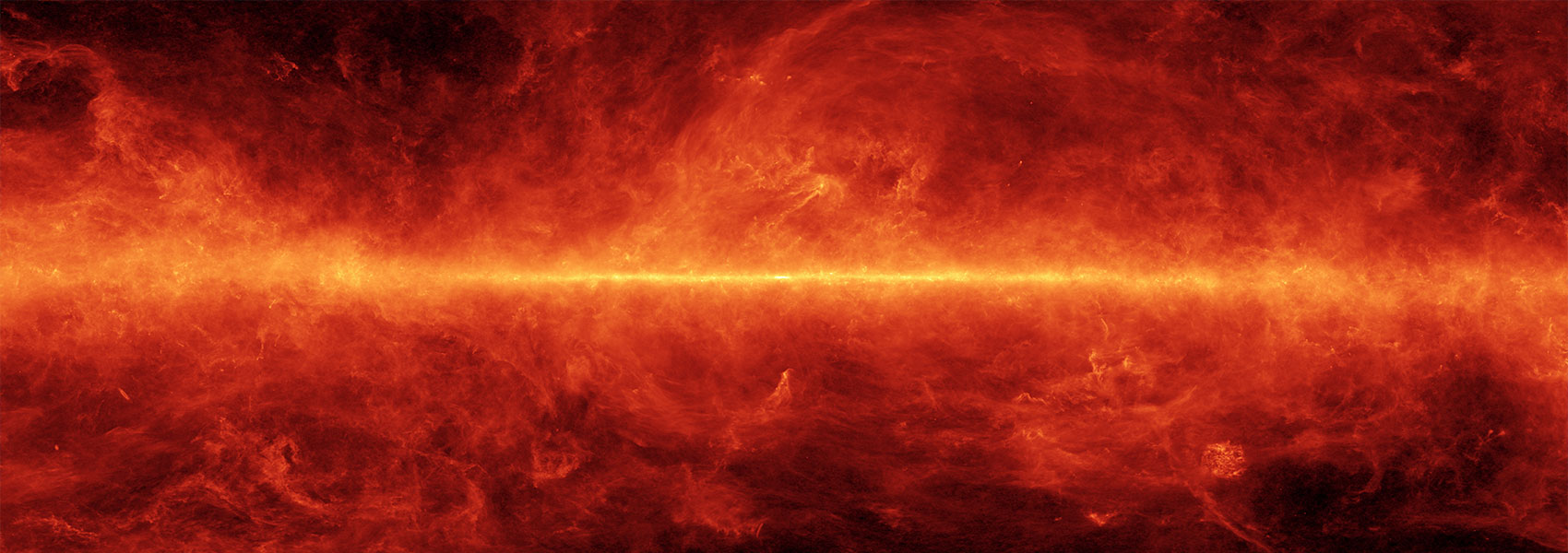July
2024
•
2024NatAs...8..865G
Authors
•
Gillon, Michaël
•
Pedersen, Peter P.
•
Rackham, Benjamin V.
•
Dransfield, Georgina
•
Ducrot, Elsa
•
Barkaoui, Khalid
•
Burdanov, Artem Y.
•
Schroffenegger, Urs
•
Gómez Maqueo Chew, Yilen
•
Lederer, Susan M.
•
Alonso, Roi
•
Burgasser, Adam J.
•
Howell, Steve B.
•
Narita, Norio
•
de Wit, Julien
•
Demory, Brice-Olivier
•
Queloz, Didier
•
Triaud, Amaury H. M. J.
•
Delrez, Laetitia
•
Jehin, Emmanuël
•
Hooton, Matthew J.
•
Garcia, Lionel J.
•
Jano Muñoz, Clàudia
•
Murray, Catriona A.
•
Pozuelos, Francisco J.
•
Sebastian, Daniel
•
Timmermans, Mathilde
•
Thompson, Samantha J.
•
Zúñiga-Fernández, Sebastián
•
Aceituno, Jesús
•
Aganze, Christian
•
Amado, Pedro J.
•
Baycroft, Thomas
•
Benkhaldoun, Zouhair
•
Berardo, David
•
Bolmont, Emeline
•
Clark, Catherine A.
•
Davis, Yasmin T.
•
Davoudi, Fatemeh
•
de Beurs, Zoë L.
•
de Leon, Jerome P.
•
Ikoma, Masahiro
•
Ikuta, Kai
•
Isogai, Keisuke
•
Fukuda, Izuru
•
Fukui, Akihiko
•
Gerasimov, Roman
•
Ghachoui, Mourad
•
Günther, Maximilian N.
•
Hasler, Samantha
•
Hayashi, Yuya
•
Heng, Kevin
•
Hu, Renyu
•
Kagetani, Taiki
•
Kawai, Yugo
•
Kawauchi, Kiyoe
•
Kitzmann, Daniel
•
Koll, Daniel D. B.
•
Lendl, Monika
•
Livingston, John H.
•
Lyu, Xintong
•
Meier Valdés, Erik A.
•
Mori, Mayuko
•
McCormac, James J.
•
Murgas, Felipe
•
Niraula, Prajwal
•
Pallé, Enric
•
Plauchu-Frayn, Ilse
•
Rebolo, Rafael
•
Sabin, Laurence
•
Schackey, Yannick
•
Schanche, Nicole
•
Selsis, Franck
•
Sota, Alfredo
•
Stalport, Manu
•
Standing, Matthew R.
•
Stassun, Keivan G.
•
Tamura, Motohide
•
Terada, Yuka
•
Theissen, Christopher A.
•
Turbet, Martin
•
Van Grootel, Valérie
•
Varas, Roberto
•
Watanabe, Noriharu
•
Zong Lang, Francis
Abstract
•
Located at the bottom of the main sequence, ultracool dwarf stars are widespread in the solar neighbourhood. Nevertheless, their extremely low luminosity has left their planetary population largely unexplored, and only one of them, TRAPPIST-1, has so far been found to host a transiting planetary system. In this context, we present the SPECULOOS project's detection of an Earth-sized planet in a 17 h orbit around an ultracool dwarf of M6.5 spectral type located 16.8 pc away. The planet's high irradiation (16 times that of Earth) combined with the infrared luminosity and Jupiter-like size of its host star make it one of the most promising rocky exoplanet targets for detailed emission spectroscopy characterization with JWST. Indeed, our sensitivity study shows that just ten secondary eclipse observations with the Mid-InfraRed Instrument/Low-Resolution Spectrometer on board JWST should provide strong constraints on its atmospheric composition and/or surface mineralogy.
Links




